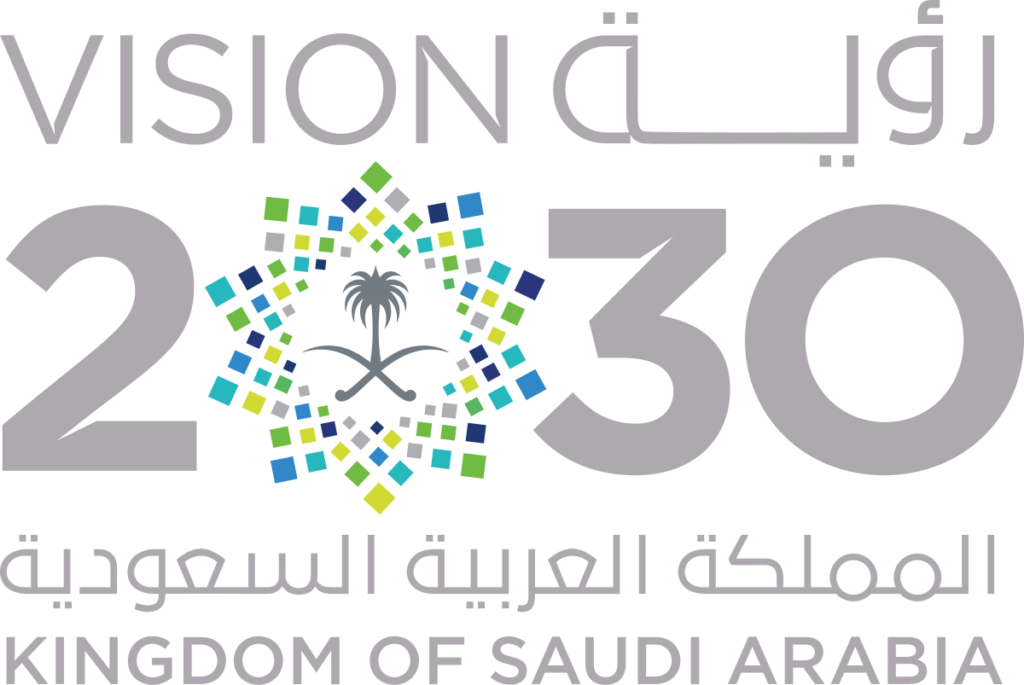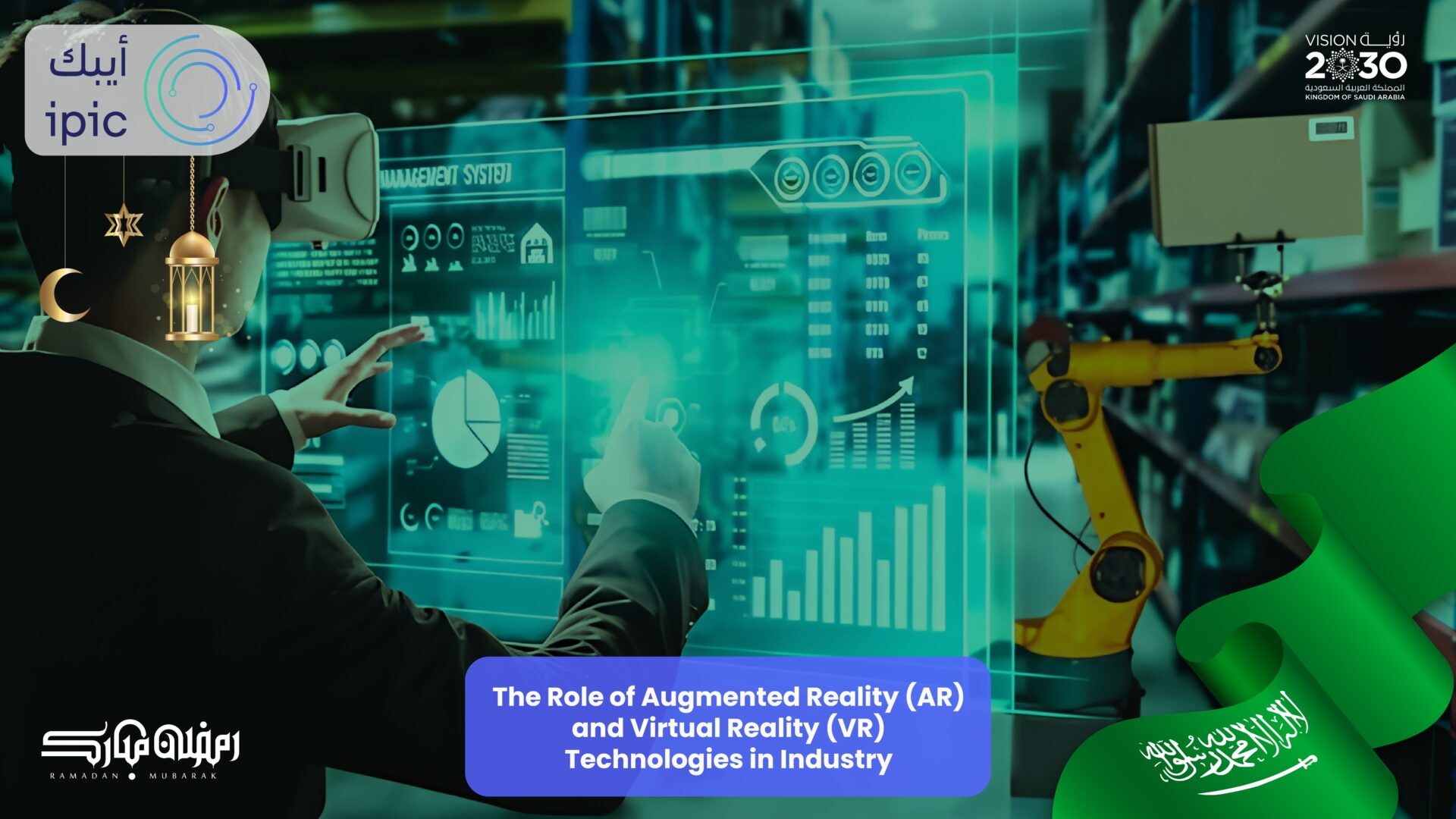The Role of Augmented/Virtual Reality (AR/VR) Technologies in Industry: The Next Digital Revolution
🚀 Introduction
With the rapid acceleration of digital transformation across industrial sectors, Augmented/Virtual Reality (AR/VR) technologies have become an essential part of manufacturing, maintenance, and training. These technologies not only improve productivity but also help reduce operational errors and enhance efficiency, making them a key tool in modern factories and industrial plants.
IPIC plays a pivotal role in this transformation by providing specialized consulting and advanced technical solutions to help factories adopt AR/VR technologies efficiently, ensuring process improvements and reducing operational costs.
—
🎯 How AR/VR Is Revolutionizing Industry
📌 1. Smart Training: A Safe Environment for Learning Without Risks
Interactive training is one of the most prominent applications of AR/VR, allowing trainees to simulate a real work environment without direct interaction with dangerous or expensive equipment.
- ✅ Heavy equipment manufacturing companies use virtual simulation to train technicians before operating actual machines.
- ✅ The oil and gas sector relies on AR/VR technologies for safety training in hazardous work environments.
IPICoffers advanced training programs for factories, helping companies integrate AR/VR technologies into their training processes, improving workforce efficiency and reducing operational risks.
—
📌 2. Smart Maintenance and Remote Technical Support
Using augmented reality glasses, engineers and technicians can view technical information directly during maintenance processes, reducing the need for traditional manuals. Experts can also provide remote support by sharing live views with technical teams.
- ⚡ Reducing downtime through instant guidance.
- ✅ Improving maintenance accuracy and minimizing technical errors.
- 🌍 Reducing the need for travel through remote technical support.
IPICintegrates augmented reality solutions into industrial maintenance processes, enabling companies to achieve smarter maintenance and reduce downtime significantly, boosting productivity and cutting costs.
—
📌 3. Product Design and Engineering Project Management
These technologies help engineers and designers visualize 3D models before production, improving the development process and reducing potential errors.
- ✅ Manufacturing industries benefit from virtual modeling to test prototypes before production.
- ✅ Engineers use virtual visualizations to review construction projects before execution.
IPICoffers advanced solutions to help companies integrate augmented reality technologies into engineering design processes, improving accuracy and enhancing the quality of final products.
—
📌 4. Enhancing Production and Quality with AR/VR
These technologies provide interactive guidance for workers on production lines, reducing human errors and improving operational efficiency. They are also used for quality inspection and product analysis during manufacturing to ensure compliance with required standards.
IPIC, through its digital solutions, helps factories apply augmented reality technologies to improve quality, reduce operational errors, and ensure the highest production standards.
—
📌 5. Enhancing Safety Standards in Work Environments
Virtual simulation can simulate hazardous work environments, helping workers train on emergency scenarios and handle incidents before they occur in real life.
IPICoffers specialized programs to improve safety standards in factories through augmented reality technologies, reducing accidents and ensuring a safer work environment.
—
⚡ Benefits of Applying AR/VR Technologies in Industry
- ✅ Improved operational efficiency: Faster training, precise decisions, and smart maintenance.
- ✅ Reduced operational costs: Decreased downtime and quick remote support.
- ✅ Improved production quality: Visual guidance and accurate product analysis.
- ✅ Increased safety standards: Simulating hazardous work environments to reduce accidents.
—
🚧 Challenges in Implementing These Technologies
- ❌ High initial cost: Requires investment in specialized hardware and advanced software.
- ❌ Training and qualification: Industrial teams need training to use these technologies effectively.
- ❌ Integration with existing systems: Some companies need to upgrade their digital infrastructure to integrate these technologies with ERP and MES systems.
IPICprovides specialized consulting to help companies overcome these challenges and achieve the best return on investment in AR/VR technologies.
—
🔮 Conclusion: The Future of AR/VR in Industry
AR/VR technologies are among the most powerful technological tools reshaping the industrial landscape, contributing to increased production efficiency, enhanced safety, and reduced operational costs. As technology continues to evolve, these technologies are expected to become essential in smart and future factories, accelerating digital transformation and industrial innovation.
🚀 Are you ready to adopt AR/VR technologies in your factory? With IPIC, digital transformation has never been easier!



